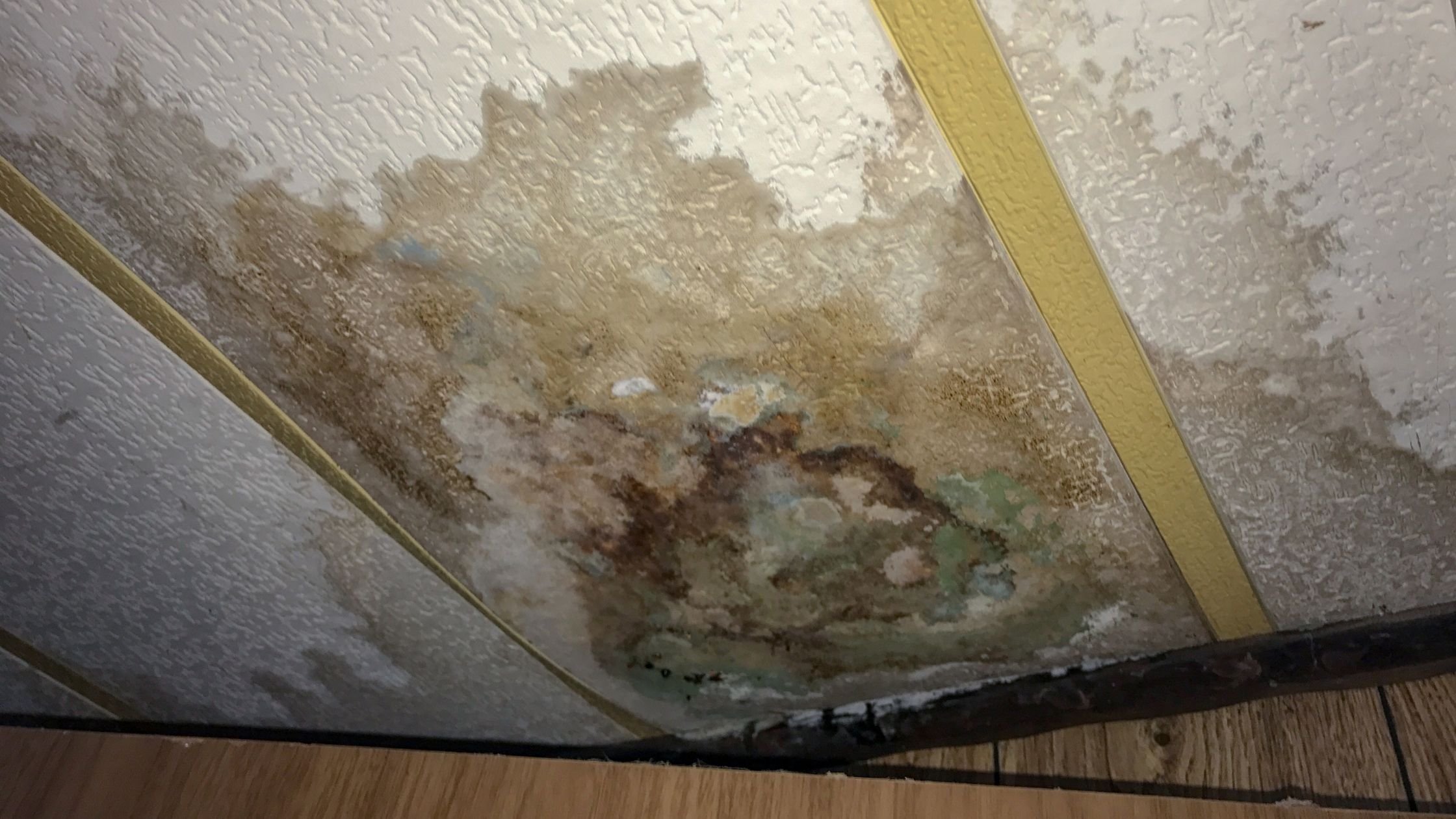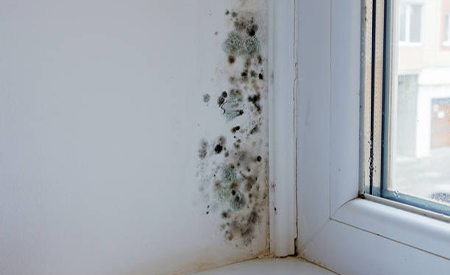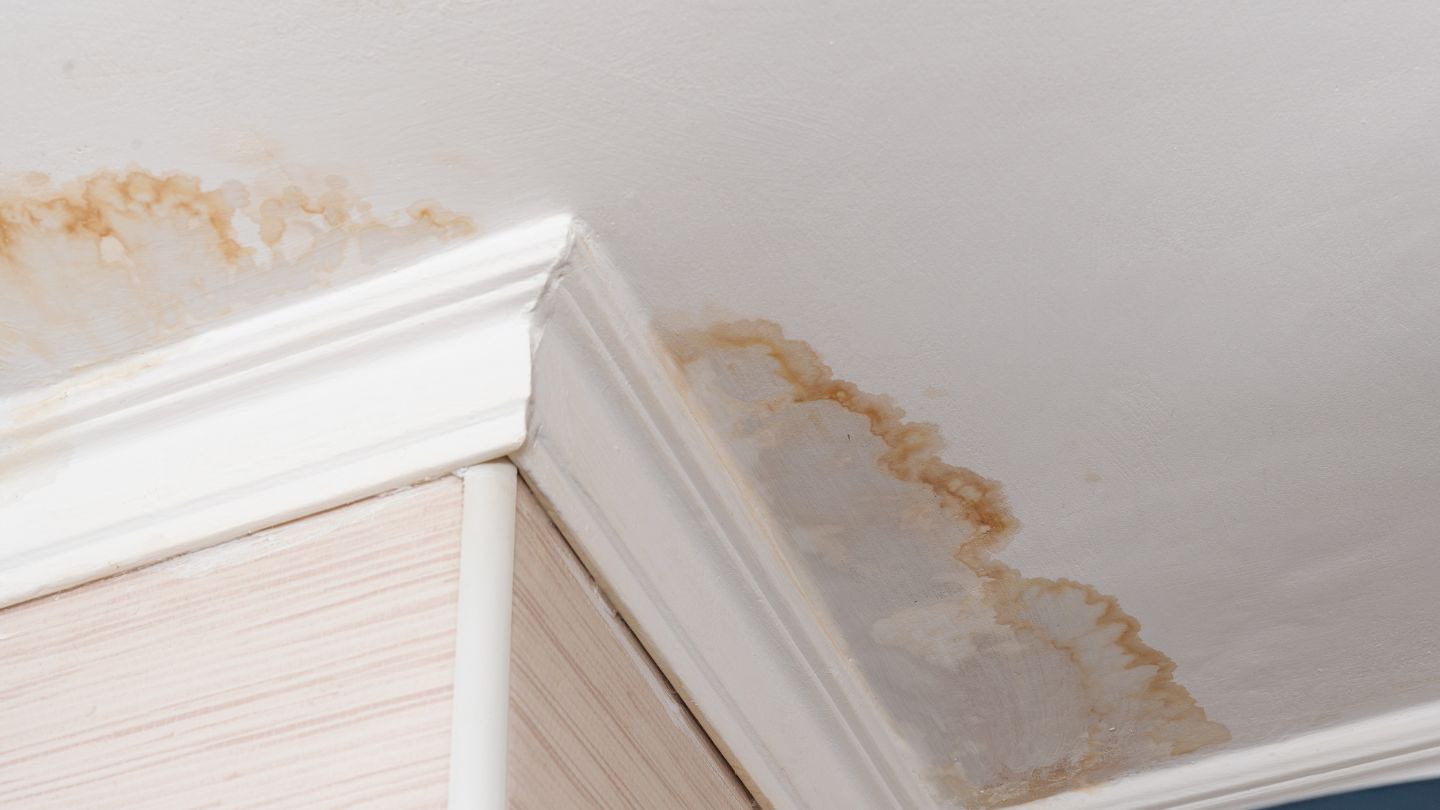Full-Spectrum Water Damage Repair Services for Complete Property Restoration
Full-Spectrum Water Damage Repair Services for Complete Property Restoration
Blog Article
The Process of Water Damage Clean-up: Ensuring Your Home Is Recovered Successfully
Water damage can be a challenging challenge for property owners, requiring a precise and structured cleanup procedure to restore safety and security and capability. At first, a detailed assessment is vital to determine the level of the damages and determine the suitable removal procedures. Following this, reliable water extraction methods play a pivotal duty in mitigating additional injury. The subtleties of drying, disinfecting, and ultimate repair are just as important and frequently ignored. Comprehending these phases can make a substantial distinction in the outcome of your home's restoration, triggering a closer appearance at what each step requires.
Evaluating the Damages
Upon uncovering water damage, the primary step is to thoroughly assess the degree of the impact. This preliminary evaluation is vital, as it aids figure out the required steps for effective clean-up and repair. Begin by checking the impacted areas, including walls, ceilings, floorings, and individual possessions, to recognize the source of the water breach, whether from flooding, leakages, or condensation.
Recording the damage is essential for both insurance cases and preparing restoration initiatives - damage restoration services. Usage pictures and created notes to catch the severity of the damages, noting any affected architectural components and products. Pay unique attention to areas that may not be immediately noticeable, such as behind walls and under carpetings, as hidden wetness can cause more problems, including mold and mildew development
Furthermore, assess the timeline of the water exposure. Eventually, a comprehensive assessment lays the groundwork for a successful water damage clean-up process, making certain that all influenced locations are resolved properly and thoroughly.
Water Removal Techniques

Specialists normally utilize submersible pumps for larger volumes of water, which can quickly relieve flooding in basements or other influenced locations. For smaller amounts, wet/dry vacuums are frequently made use of to draw out residual moisture from carpetings and difficult surfaces. In addition, using portable extractors allows for targeted removal in restricted areas or areas with delicate products.
In circumstances of contaminated water, such as sewage or floodwater, advanced extraction methods might involve the usage of biohazard equipment to guarantee safety and compliance with health guidelines. High-powered extraction devices are crucial in minimizing water retention in architectural materials, which can bring about mold and mildew growth and architectural damage if not resolved promptly.
Inevitably, the efficiency of water extraction strategies plays a critical role in the overall success of the water damages cleanup procedure, laying the groundwork for succeeding remediation initiatives.
Drying and Dehumidification
When standing water has actually been successfully removed, the next critical stage in the water damage clean-up procedure is drying out and dehumidification. This action is essential to protect against additional damages and mold and mildew growth, which can occur within 24 to two days in wet atmospheres.
To achieve reliable drying, specific devices such as industrial-grade air movers and dehumidifiers is used. Air movers flow air across damp surface areas, boosting dissipation prices, while dehumidifiers reduce moisture levels in the air, advertising a favorable setting for drying. The combination of these tools guarantees that moisture is drawn out from floorings, furnishings, and walls, allowing them to dry thoroughly.
It is very important to monitor the drying procedure closely. Specialists typically use dampness meters to analyze the dampness web content in various materials, making certain that all influenced locations reach acceptable dryness degrees. This thorough strategy aids to avoid hidden moisture pockets that could lead to structural damage or harmful mold and mildew growth.

Cleansing and Disinfecting
After the drying and dehumidification stage is full, the following essential step in water damage clean-up is cleansing and sterilizing the impacted areas. This procedure is critical to protect against the development of mold, microorganisms, and other virus that thrive in damp settings.
The cleaning stage generally involves removing any type of debris, dust, and impurities from surfaces making use of specialized cleaning up agents. For tough read the full info here surfaces, a combination of soap and water or industrial cleaning products is commonly employed. Soft products, such as upholstery and carpetings, may need extra comprehensive cleaning techniques, including heavy steam cleaning or deep removal techniques, to make sure detailed cleanliness.

Sterilizing complies with cleaning, using EPA-approved anti-bacterials to get rid of hazardous bacteria. This step is important, particularly in locations that may have entered into contact with floodwaters or sewer, as these resources can pose severe health and wellness threats.
In addition, it is necessary to address any type of remaining smells, which homeowners insurance and water damage might need making use of odor neutralizers or advanced methods like ozone treatment. Appropriate cleansing and sterilizing not just restore the safety and security and hygiene of your home however additionally prepared for successful remediation and fixings in succeeding stages of the water damages clean-up procedure.
Reconstruction and Repairs

Once the analysis is full, reconstruction initiatives can start. In addition, floor covering might require similar attention, depending on the degree of water direct exposure.
It is important to engage experienced restoration specialists during this procedure, as they possess the knowledge to deal with intricate repairs efficiently. They can help alleviate potential future issues, such as mold growth or structural instability, thus guaranteeing a secure and habitable living setting. Ultimately, effective remediation and repair services recover the home's integrity and improve its total value.
Final Thought
In verdict, the process of water damage cleaning is crucial for restoring a home to its pre-damage condition. Each stage, from evaluating the damages to implementing efficient water extraction methods, followed by extensive drying out, sterilizing, and essential repair services, plays a necessary duty in ensuring security and compliance with structure criteria. Effective implementation of these actions not just mitigates immediate damages yet additionally improves the lasting honesty and disaster cleaning services value of the property.
Water damage can be a complicated challenge for property owners, necessitating a meticulous and organized cleanup procedure to bring back safety and capability. Eventually, a comprehensive evaluation lays the foundation for a successful water damage clean-up process, making certain that all influenced areas are dealt with successfully and extensively.
Reliable water removal techniques are vital in minimizing damages and protecting against additional issues adhering to a water intrusion occasion.In conclusion, the process of water damage cleanup is vital for recovering a home to its pre-damage condition. Each phase, from evaluating the damage to implementing reliable water removal methods, complied with by complete drying out, sanitizing, and required fixings, plays an important function in making sure safety and security and compliance with structure requirements.
Report this page